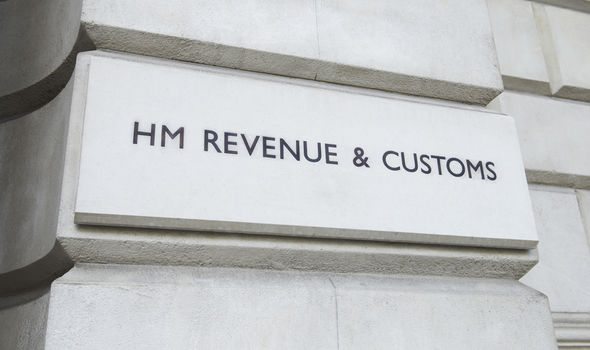The number of serious evasion cases under investigation by the UK tax authority is up by almost a fifth in the past year.
HM Revenue & Customs has confirmed 3,809 cases involving unpaid tax allegations of more than £50,000 are open.
The sudden increase is explained by the UK joining the Common Reporting Standard, a network of tax authorities tipping each other off about wealthy investors with undeclared offshore cash and assets.
Since 2015, the number of serious tax evasion cases has increased each year.
In 2015, HMRC was looking at 2,972 cases, which increased to 3,216 in2016-17 and 3,809 in 2017-18 – an 18% year-on-year increase.
Political encouragement
Jason Collins, partner at Pinsent Masons, the lawyers collating the statistics, warned the rise in serious tax evasion cases shows that HMRC is continuing to crackdown on companies and individuals abusing the system.
“HMRC is receiving plenty of political encouragement in this crackdown as it looks to increase prosecutions across the board,” he said.
“Both HMRC’s local offices and its specialist directorates are on the lookout for any transaction out of the ordinary that might lead them to a big-ticket tax evasion case.”
Collins added that some governments still believe advice firms and banks are helping wealthy individuals avoid paying the tax they owe.
HMRC confirmed that the government wants to number of serious tax evasion investigations to reach 5,000 or more.
Changing focus
“Tax under consideration is not tax owed or unpaid, it’s an estimate of what might be at stake if we didn’t investigate. By effectively enforcing the rules HMRC has, since 2010, brought in £53 billion that would have otherwise gone unpaid and collected more than £8 billion from large businesses in 2016/17 alone,” said a spokesman.
“We are clear that large companies, like any other taxpayers, must pay the tax that is due, and we do not settle for less.”
Pinsent Masons says the data shows HMRC is focusing on UK-based companies and individuals who are suspected of underpaying tax.
“If we get an EU wide digital tax or the UK goes it alone with its own turnover tax on tech companies with large numbers of UK customers, we may well see an increase in the amount of disputed tax which is attributable to foreign companies,” said the firm’s Steven Porter.
